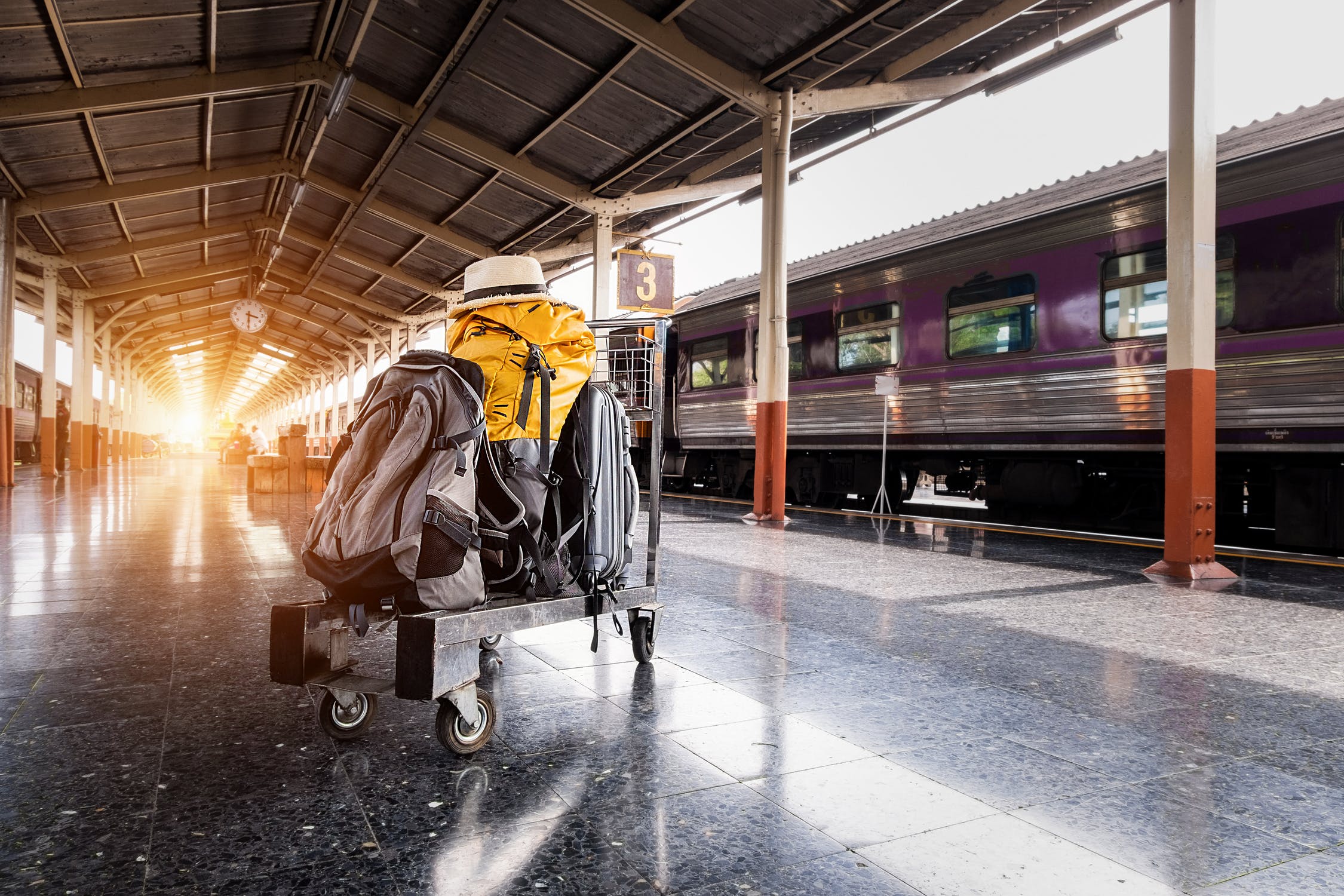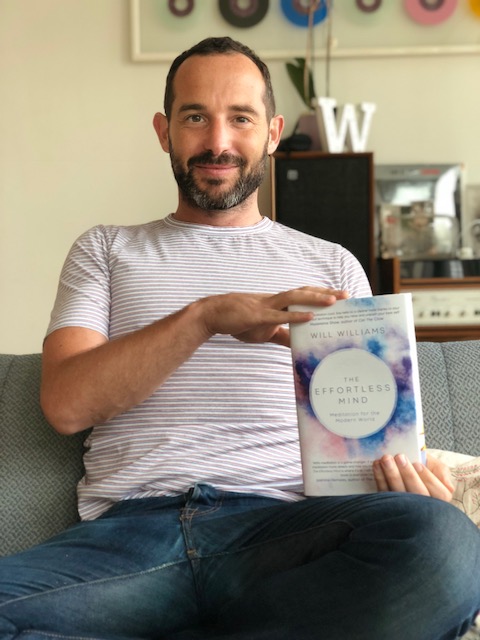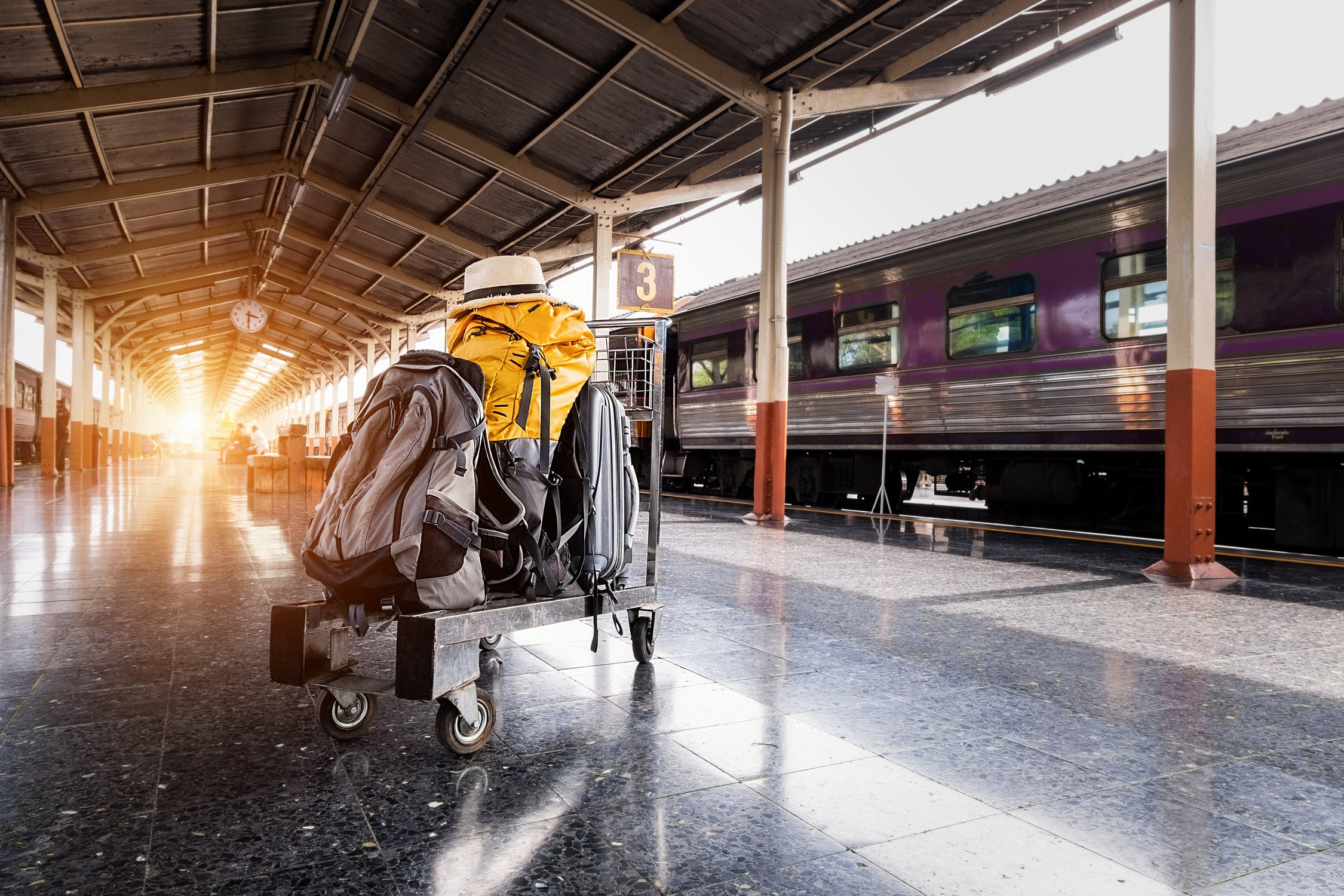
These days, the entire world is our oyster. With an internet connection, a backpack and some savvy planning, almost anyone can travel the world on a shoestring. In the last few decades, budget airlines, comparison sites, travel blogs and YouTube channels have made travel affordable, accessible and efficient for people of any age.
Despite this, there is still something that continues to stand in the way of many people’s travel plans: anxiety. It is estimated that in the UK alone, 1 in 4 adults experience some sort of mental health challenge throughout their life, with the most common problems being anxiety and depression. Though not everyone suffering with anxiety will have a problem with travelling, there are many for whom anxiety can either severely impact their enjoyment of going on holiday or will prevent them from travelling all together.
The good news is that with proper planning and some relaxation techniques such as meditation, it may be possible to relieve some of those feelings of stress or panic. These simple changes should mean can still enjoy that city break or beach getaway without feeling a huge burden on your mental health.
Find What Causes You Stress
Travel anxiety is not always as simple as being afraid that the plane might crash to the ground. In fact, plenty of people who experience anxiety and panic attacks while travelling are perfectly at ease on a plane itself, but may feel stressed by the journey to the airport, or even by the onward journey when they get to their destination. Even having your regular routine disrupted by jet lag can cause some people unnecessary anxiety, especially if they already suffer from insomnia.
By taking the time to reflect on what’s causing your anxiety during travel, you’ll be more prepared to deal with the symptoms, or even avoid them entirely. For example, if being late for your flight is your biggest trigger, then it may be a good idea to choose a departure time that avoids the uncertainty of rush hour traffic.
Regardless as to what it is that causes you to feel stressed on your travels, there are some universal tips that you can take on board that will make your trip easier – especially if you are not used to travelling.
To Fly or Not to Fly?
Reflecting on your own triggers is extremely useful when choosing the right mode of transportation for you. Of course, the long-term option is to deal with your fear of flying, but there are alternatives in the short term if you are worried about having a series of panic attacks on a plane.
Even if travelling by plane is a deal breaker for you for now, all may not be lost. You may not be able to travel halfway across the world without flying, but you can certainly make shorter trips abroad. Opting for train or coach travel, or even making the travel a part of your holiday and making a road trip out of it can make your holiday all the more enjoyable. Plane travel is not going anywhere any time soon, and there is always time to work your way up to a long haul flight should you want to tick those far away countries off your bucket list.
Though flying is a pretty common fear, even amongst seasoned travellers, sometimes it is not the flight itself that causes the most anxiety, but the travel preceding it. For any number of reasons, getting to and from the airport can be an understandably stressful experience. Choosing the mode of transport that makes you feel most at ease will help to ensure that you feel as happy and comfortable as possible for the remainder of your journey.
This is especially true for people travelling to a country that does not speak their language, as navigating public transport in a foreign city may be unpleasant and stressful. In these situations, it may be a good idea to plan ahead financially and save up some extra money for a shuttle service or taxi, relieving some of that pressure.
Relax, Take It Easy
It’s understandable that even if you get to the airport on time and have made it through security intact, you may still not feel completely at ease. In situations like this, it may be a good idea to look into some relaxation techniques that you can use in public spaces, either on the way to the airport or on the plane/train/coach itself.
Finding a relaxing activity to do while on board the plane is a great way to help time “fly”. Even if your airline provides in-flight entertainment, it could be a good idea to download your favourite guilty-pleasure TV show onto your tablet, or bring a book that makes you feel relaxed and in the holiday mood.
Meditation is another fantastic tool to use during travel, because it can be practiced discreetly anywhere, whether it’s on the ground or in the sky. There’s an increasing body of evidence that meditation can help ease anxiety symptoms, and meditating for just 20 minutes during your journey could go a long way in preventing any feelings of panic.
Pack Light and Pack Right
Airports, or even busy coach or train stations can be an ordeal all on their own, even once you’ve made it there calm and happy. Choosing the right luggage for your journey may not seem an obvious way to reduce stress levels; however, not being burdened by inefficient luggage can be invaluable, especially in busy places.
Depending on which airports you will be flying to and from, it is very likely that there will be a decent amount of walking to do. Good news for your fitbit, perhaps, but not so much for your stress levels – particularly if you’re juggling a million bags in an unfamiliar environment. Investing in a good quality case with four wheels that will glide smoothly along the station floor can will make it easier and quicker for you to move from place to place, and will help you to avoid feeling rushed.
Many airlines, and certainly any coach or train service, will also allow you to take a small bag on board along with your carry on. Choosing a bag that you can get in and out of easily will prevent you from frantically searching for your passport or boarding pass, and will make the entire experience smoother.
If you are not used to travelling, educating yourself on efficient packing methods can also help to reduce any extra stress. For example, if you are travelling with liquids or electronics in your cabin luggage, these will need to be removed and placed on the security belt. If you have stored any of these items at the very bottom of your case, attempting to remove them in a hurry in a public place can be an ordeal. This can be avoided by placing these items in accessible areas of your luggage, away from any personal items you may not want on display.
Choosing the right luggage and packing properly simply allows you to get from A to B as quickly as possible, so you can spend less time repacking your case at security, and more time enjoying a nice relaxing drink in the passenger lounge.
Choose a Travel Buddy
For many of us, dealing with unfamiliar or stressful situations is made all the worse if we have to deal with them on our own. Unless all your friends also happen to be anxious travellers, then having someone with you who feels at ease throughout the journey might help put your mind a little bit more at ease.
For people who suffer with travel anxiety, sometimes the lead up to the travel date itself can also be as stressful as the journey itself, and it is easy to work yourself up if you don’t have a distraction. With a travel buddy, you can spend the lead up to the big day planning fun activities to do, both on the plane and throughout your holiday. It’s much harder to spend time worrying about the journey when you’re spending your time picking out cafes, restaurants and landmarks to visit.
Travelling can be a wonderful, memorable experience for many people, but even for the most seasoned of travellers, journeying from one place to another can be a very stressful experience. Even for those who usually avoid going on holiday due to anxiety, it is not always possible to avoid travelling all together. These days, family, school or work commitments often require us to travel, even if we do not feel at ease doing so.
By pinpointing the aspects of travel that cause you the most stress, it could be possible to ease these worries with some very simple techniques. Though you may not instantly fall in love with long distance journeys, finding ways of coping with travel anxiety could help to open yourself up a new range of experiences that may just be worth the hassle of creating a strategic travel plan.


